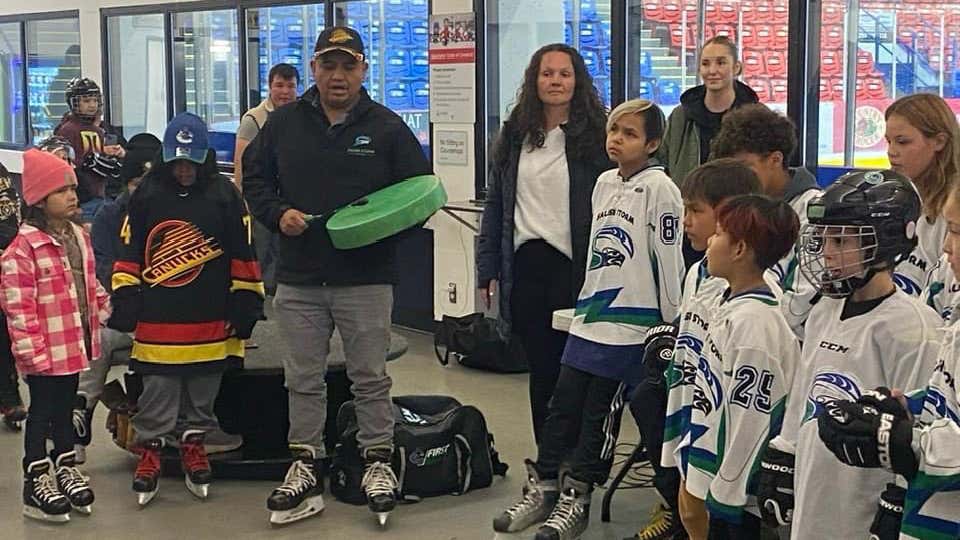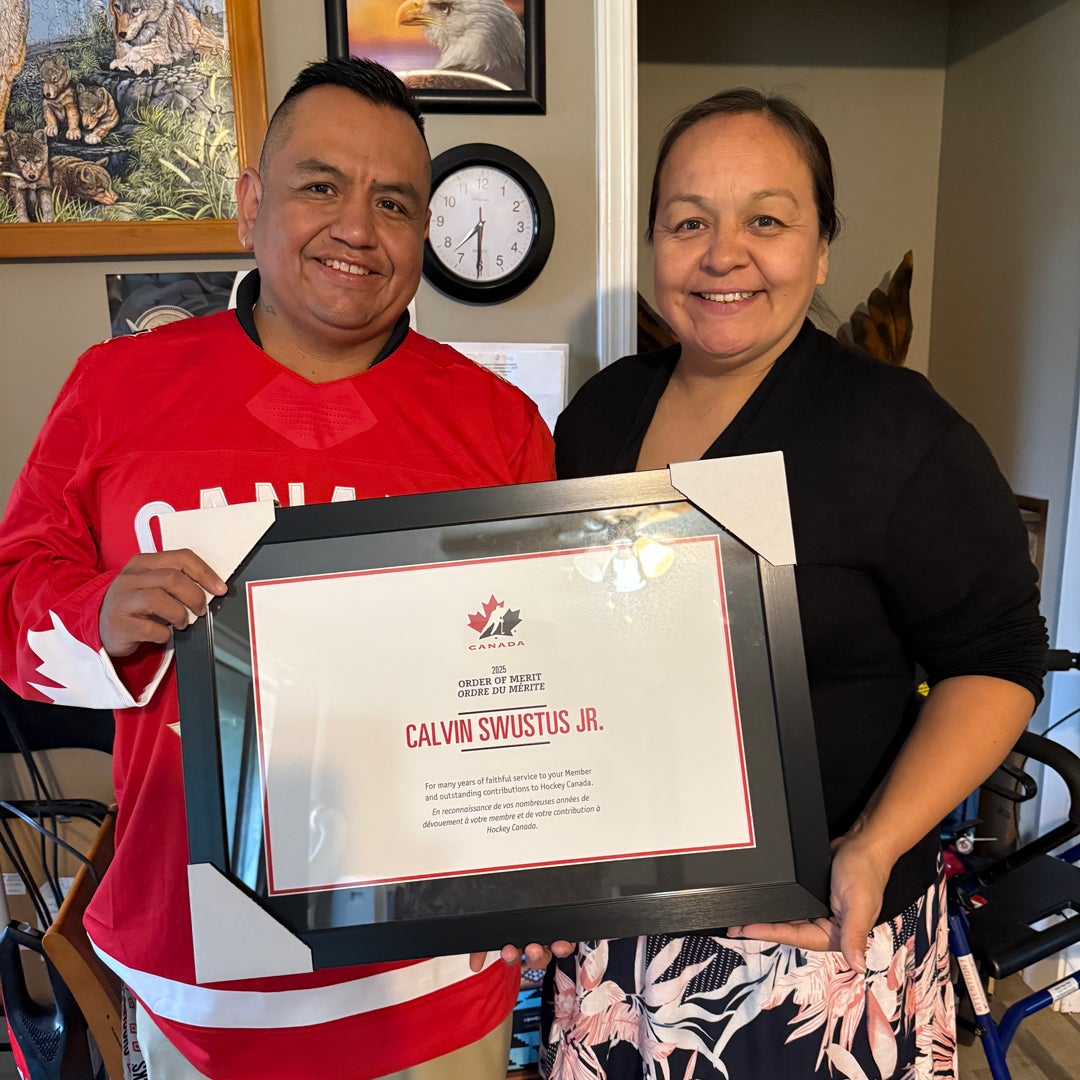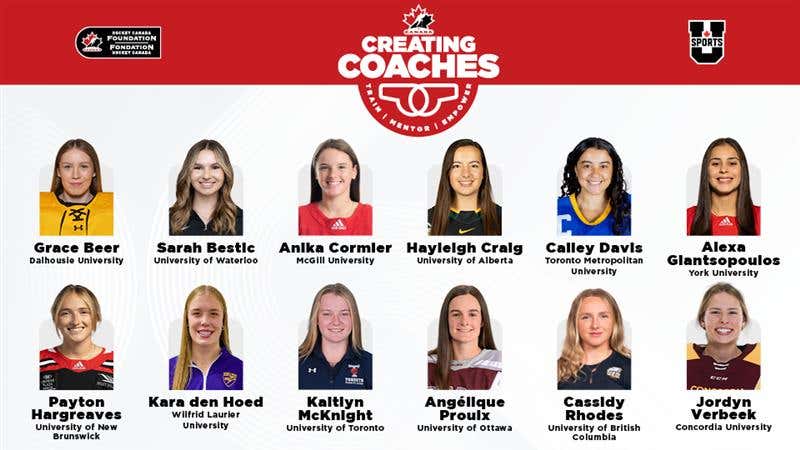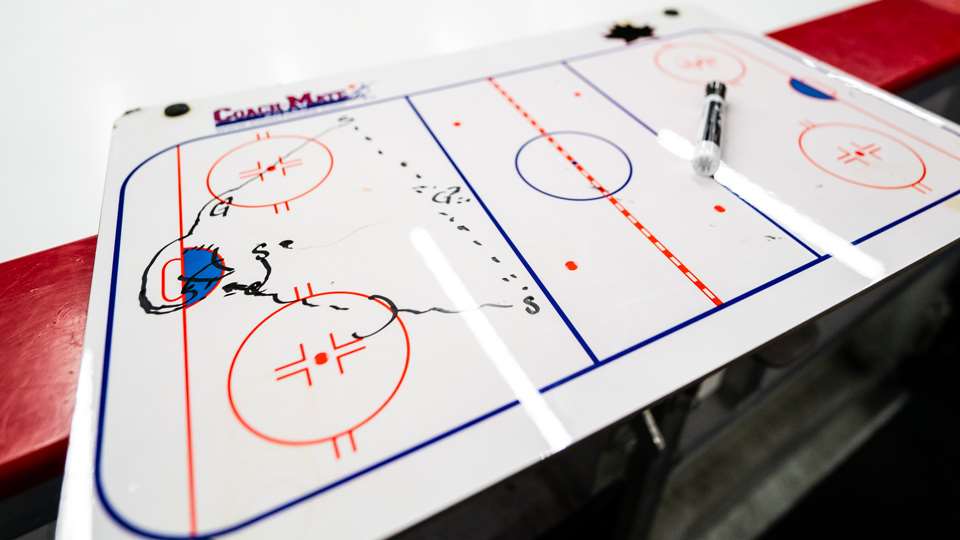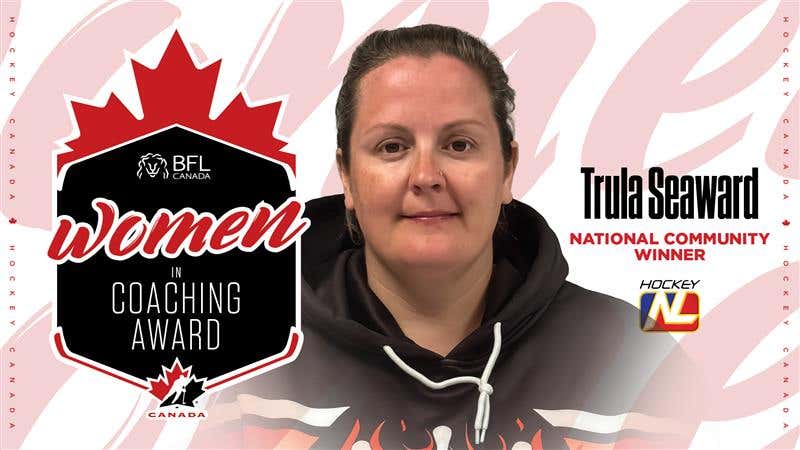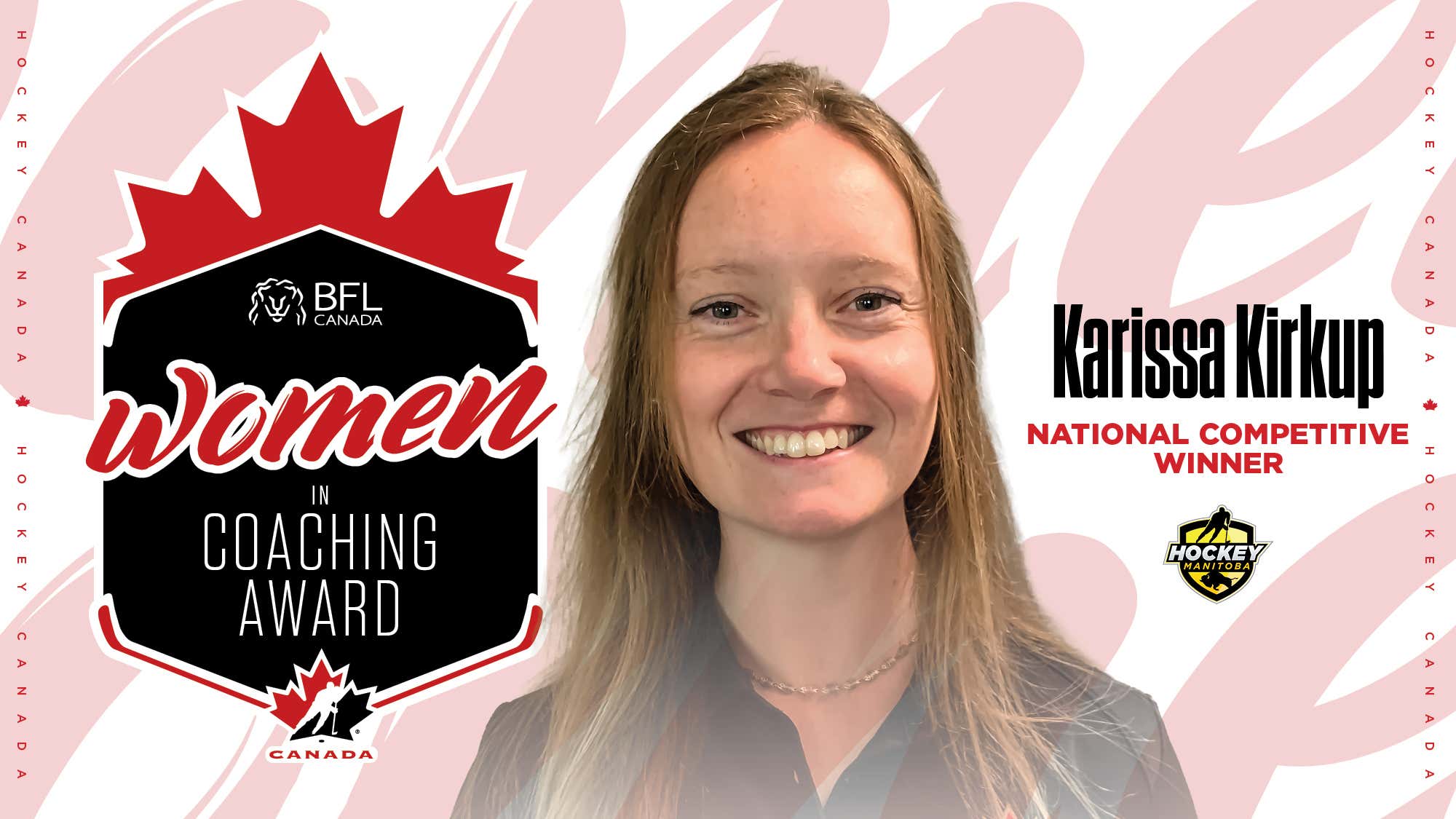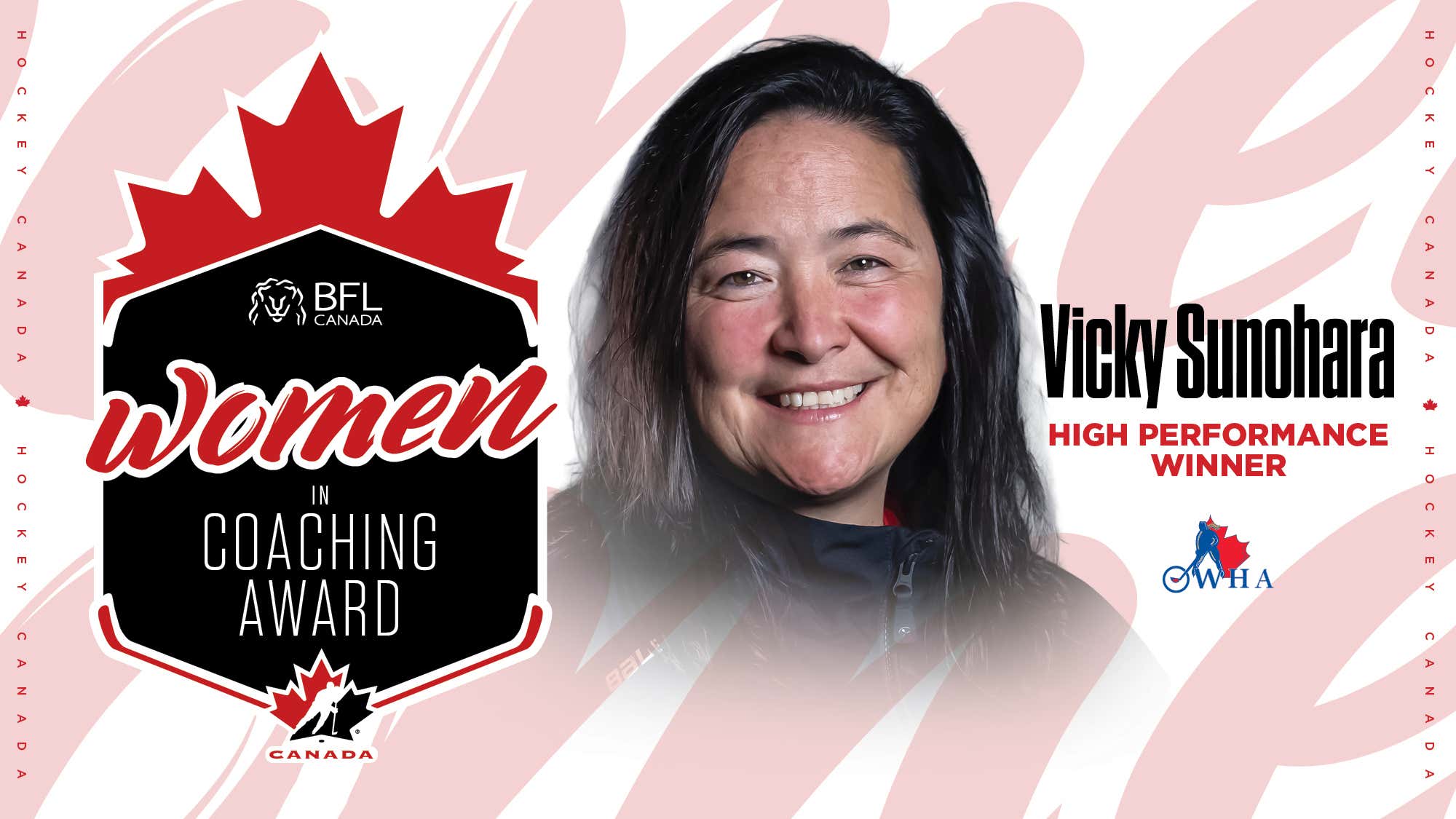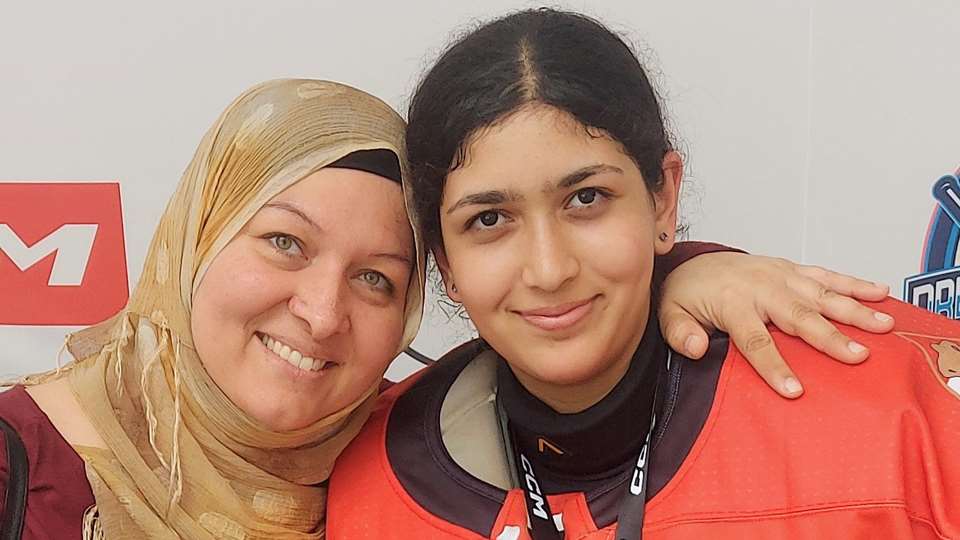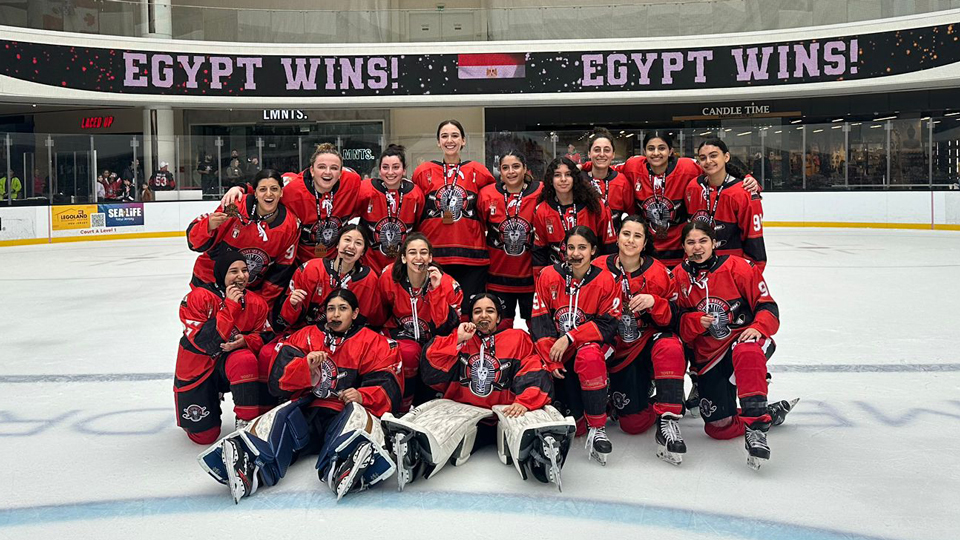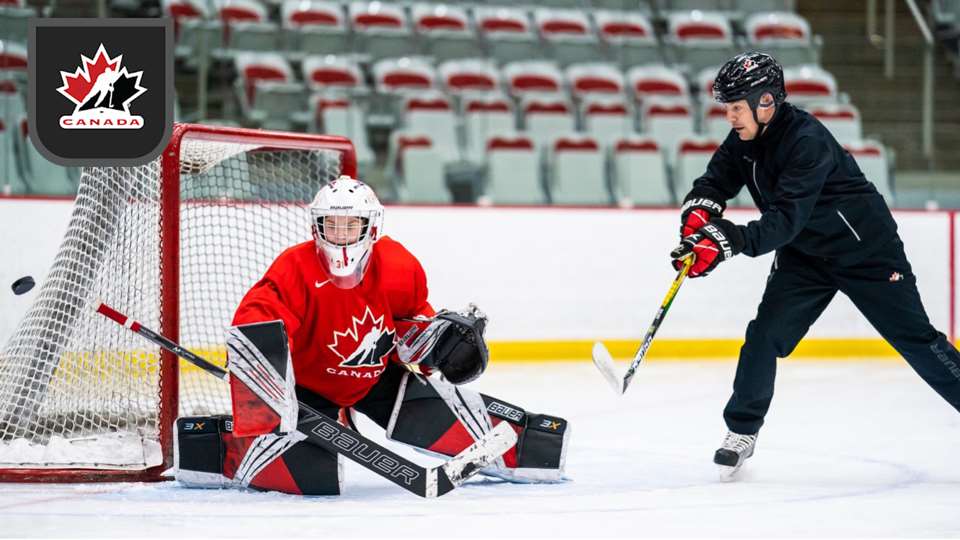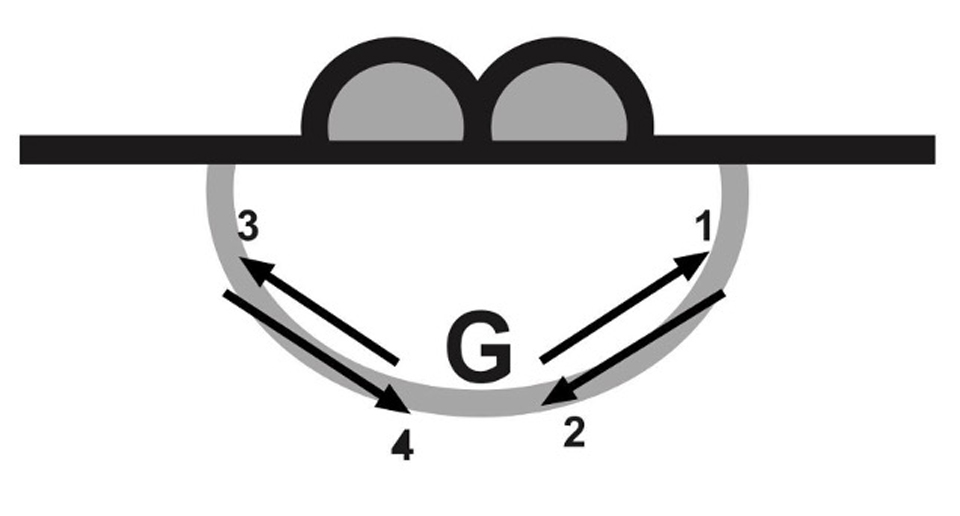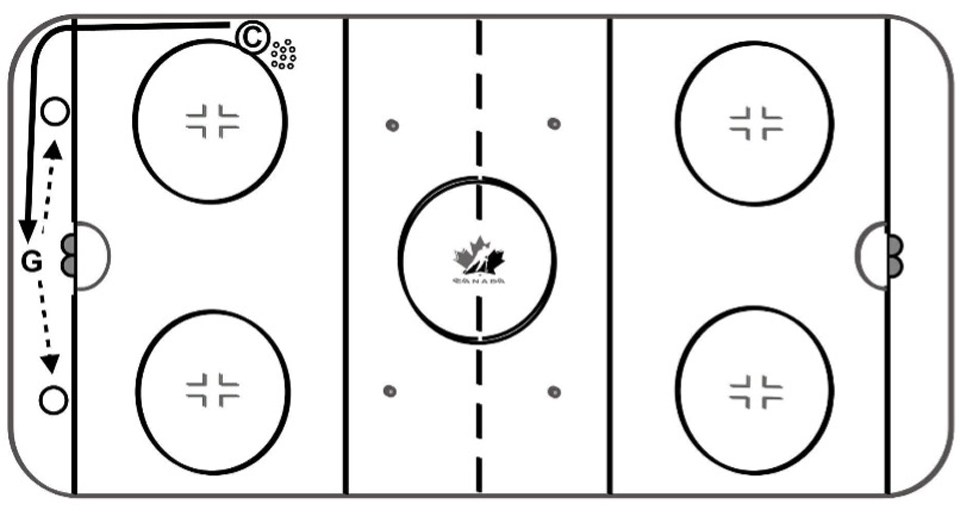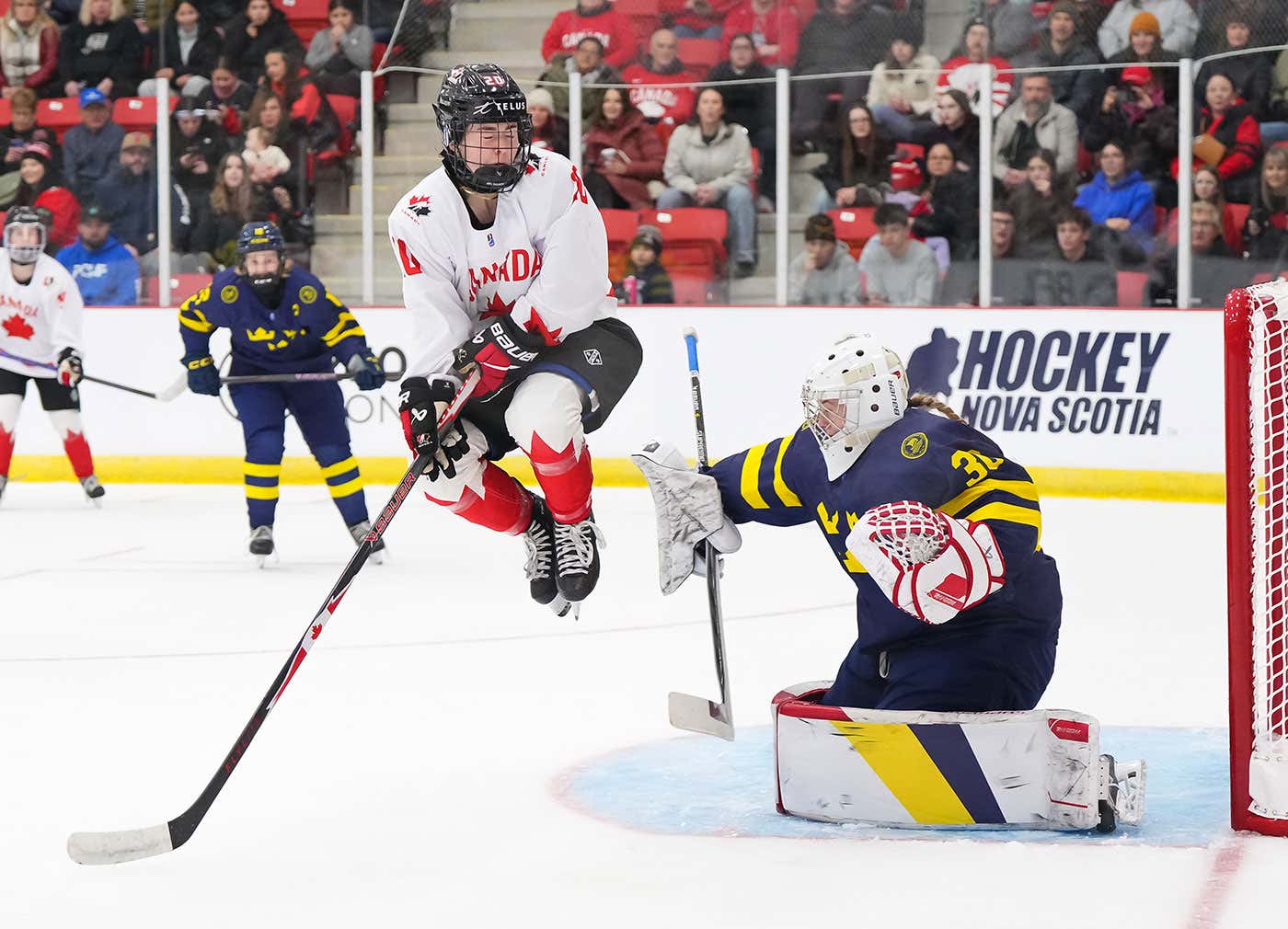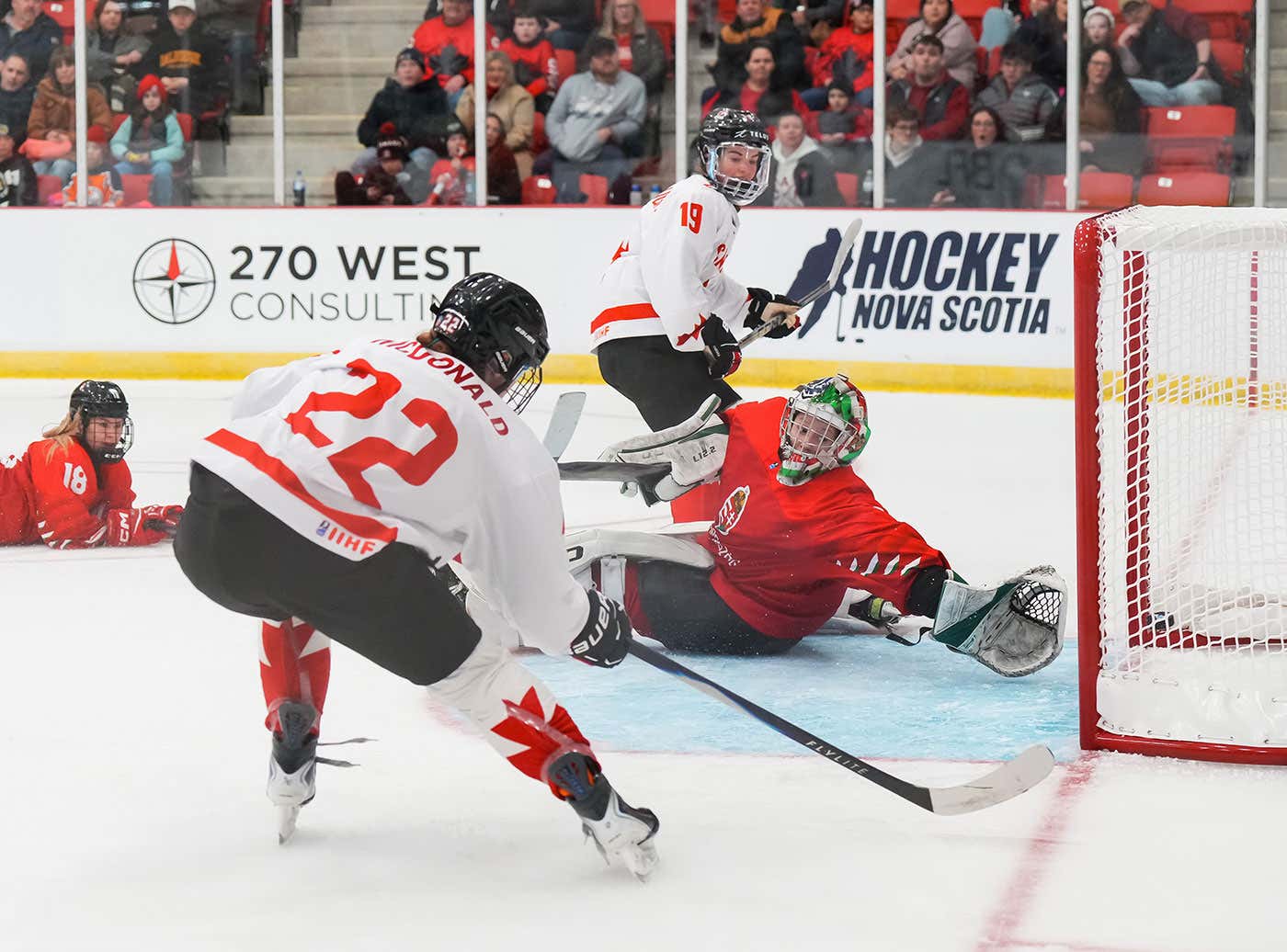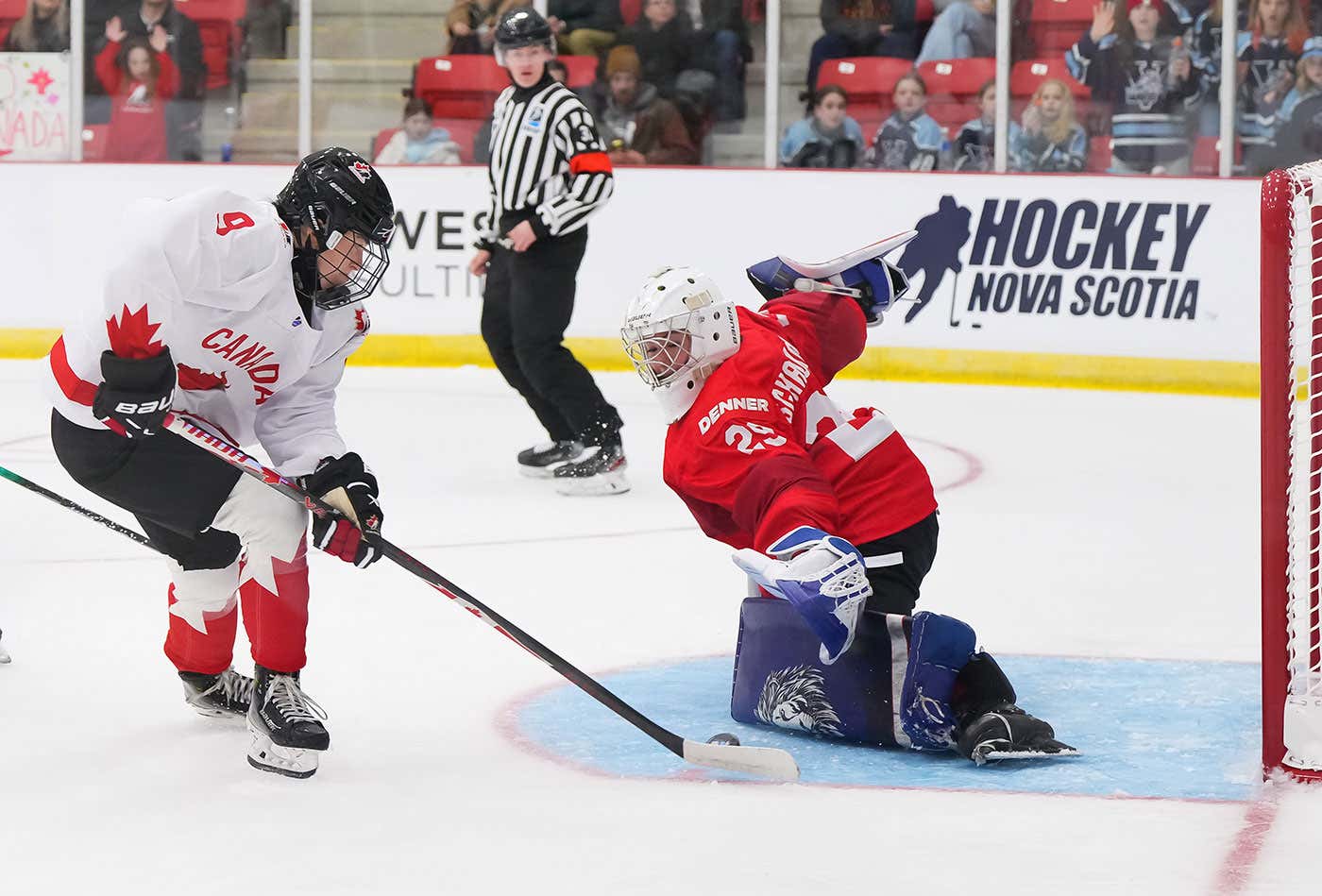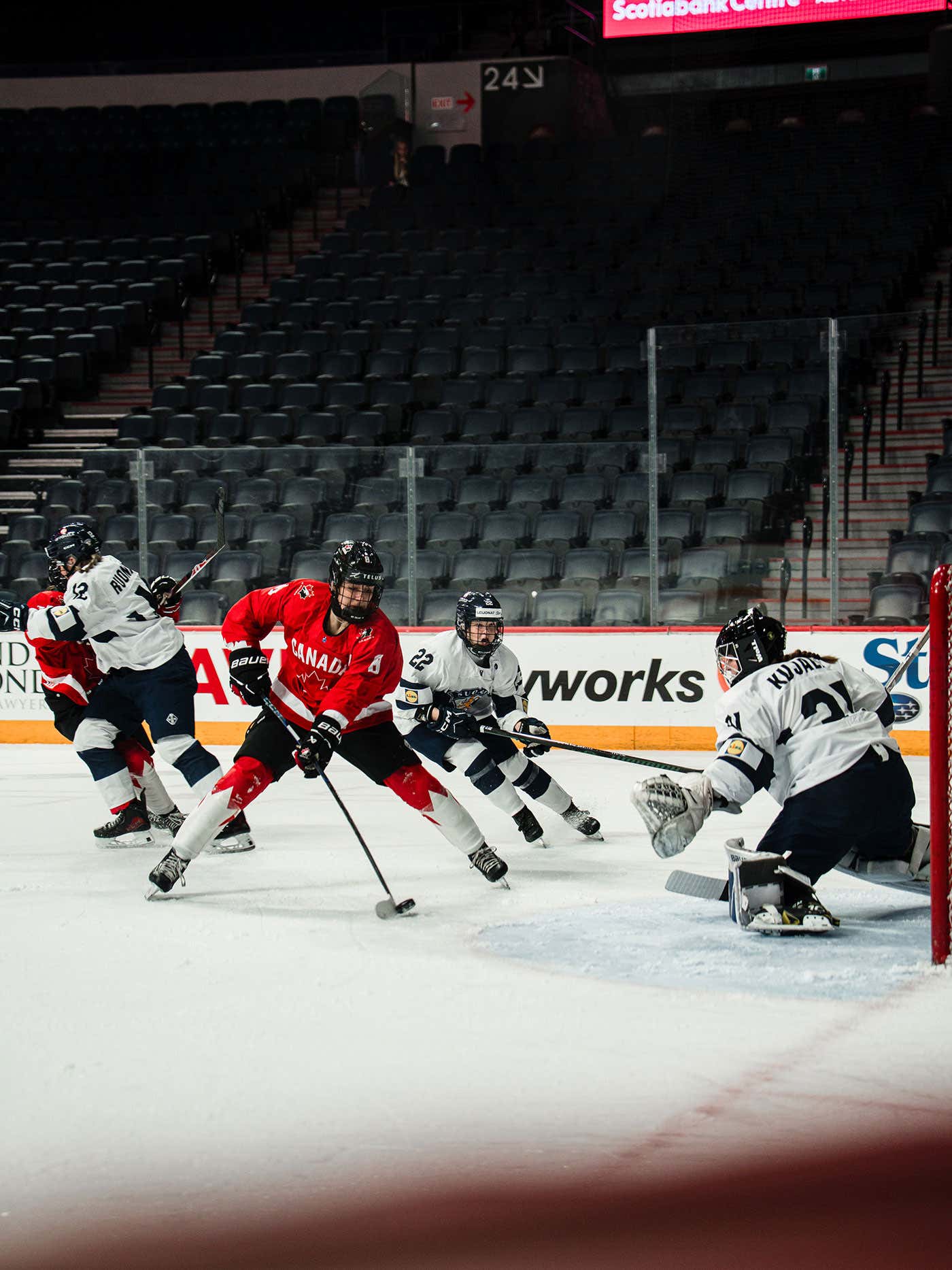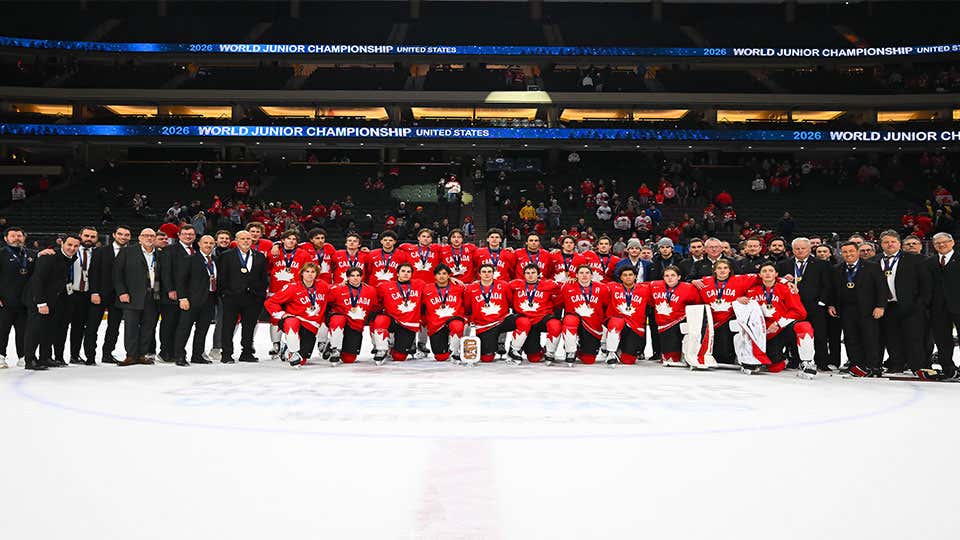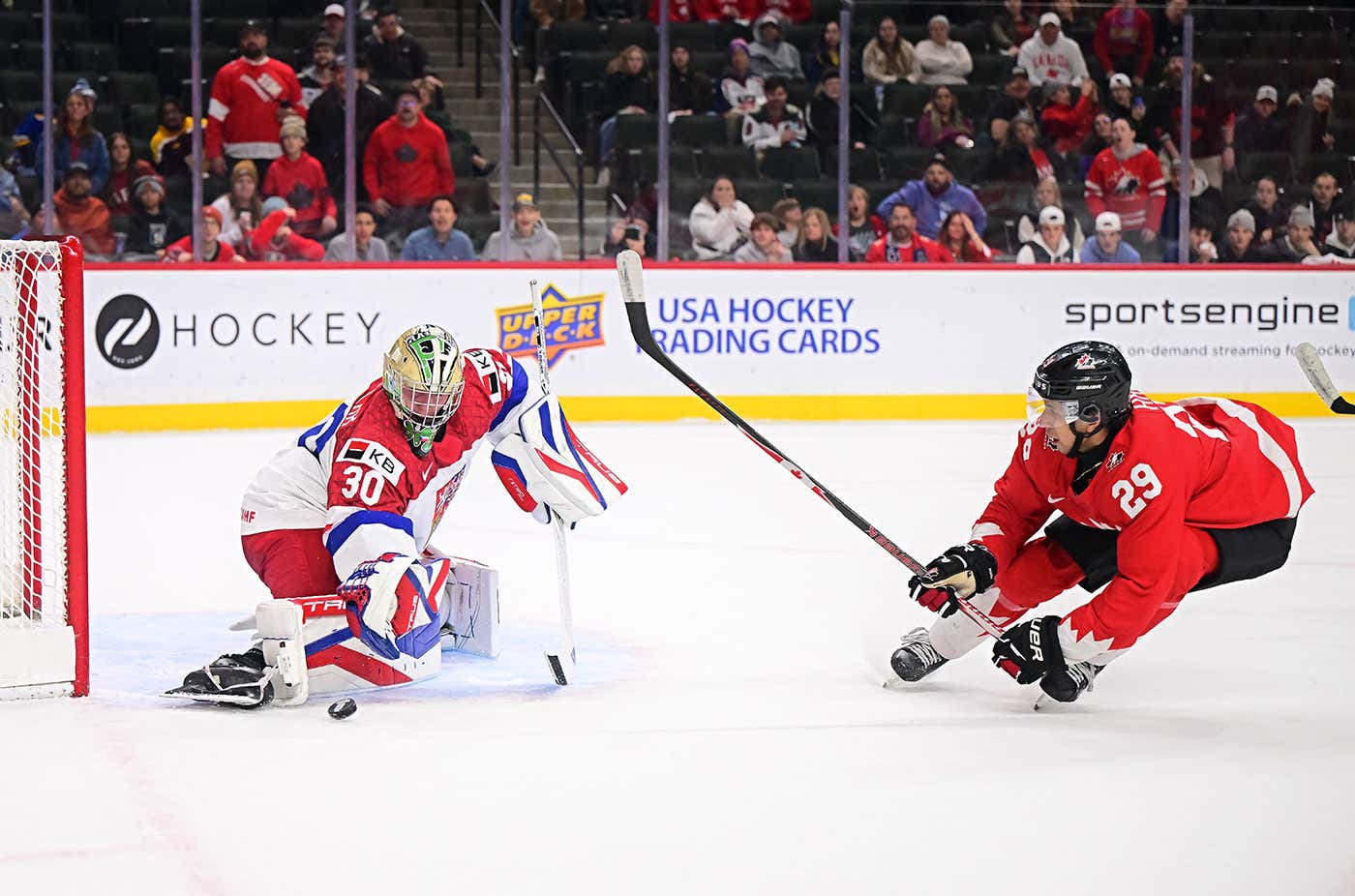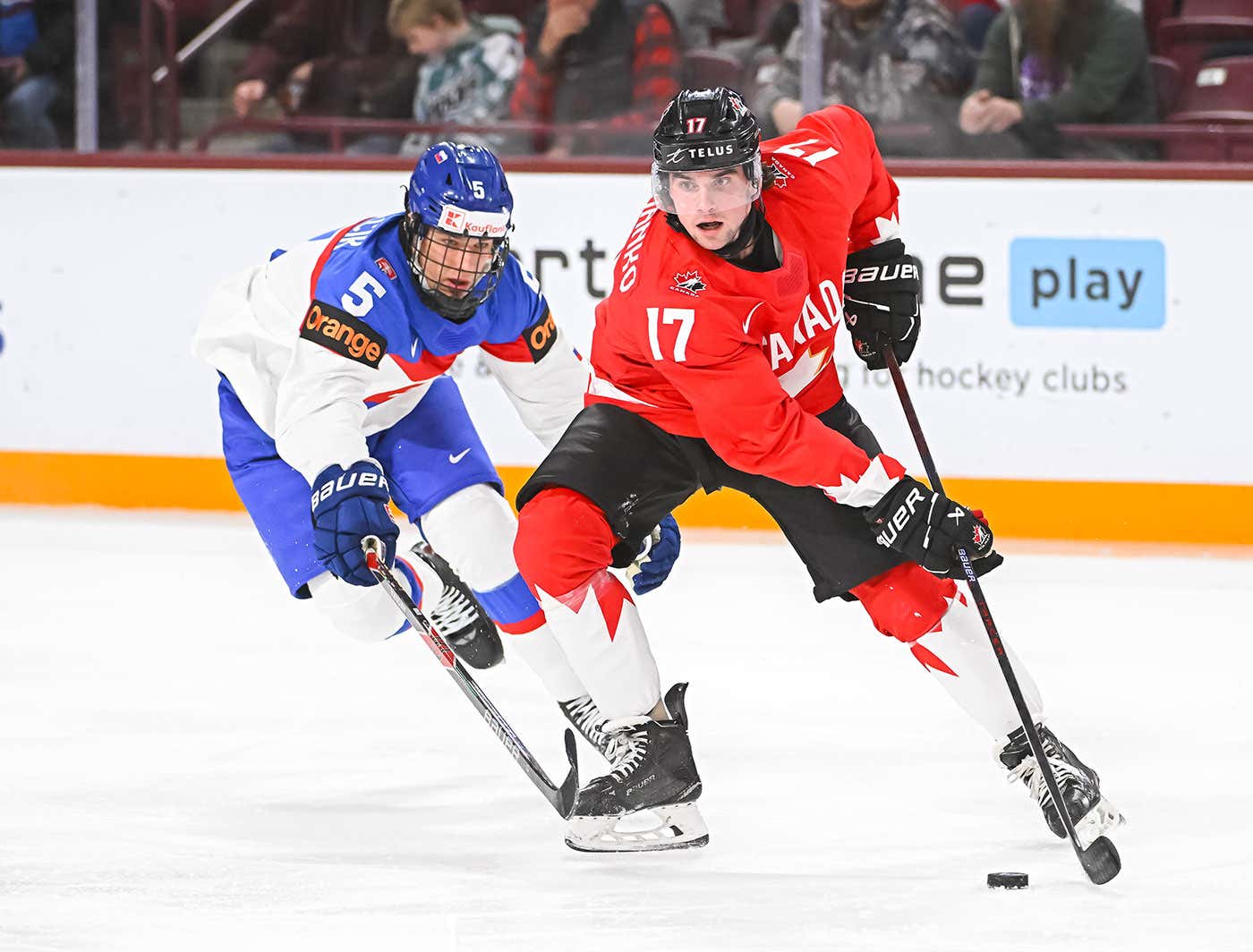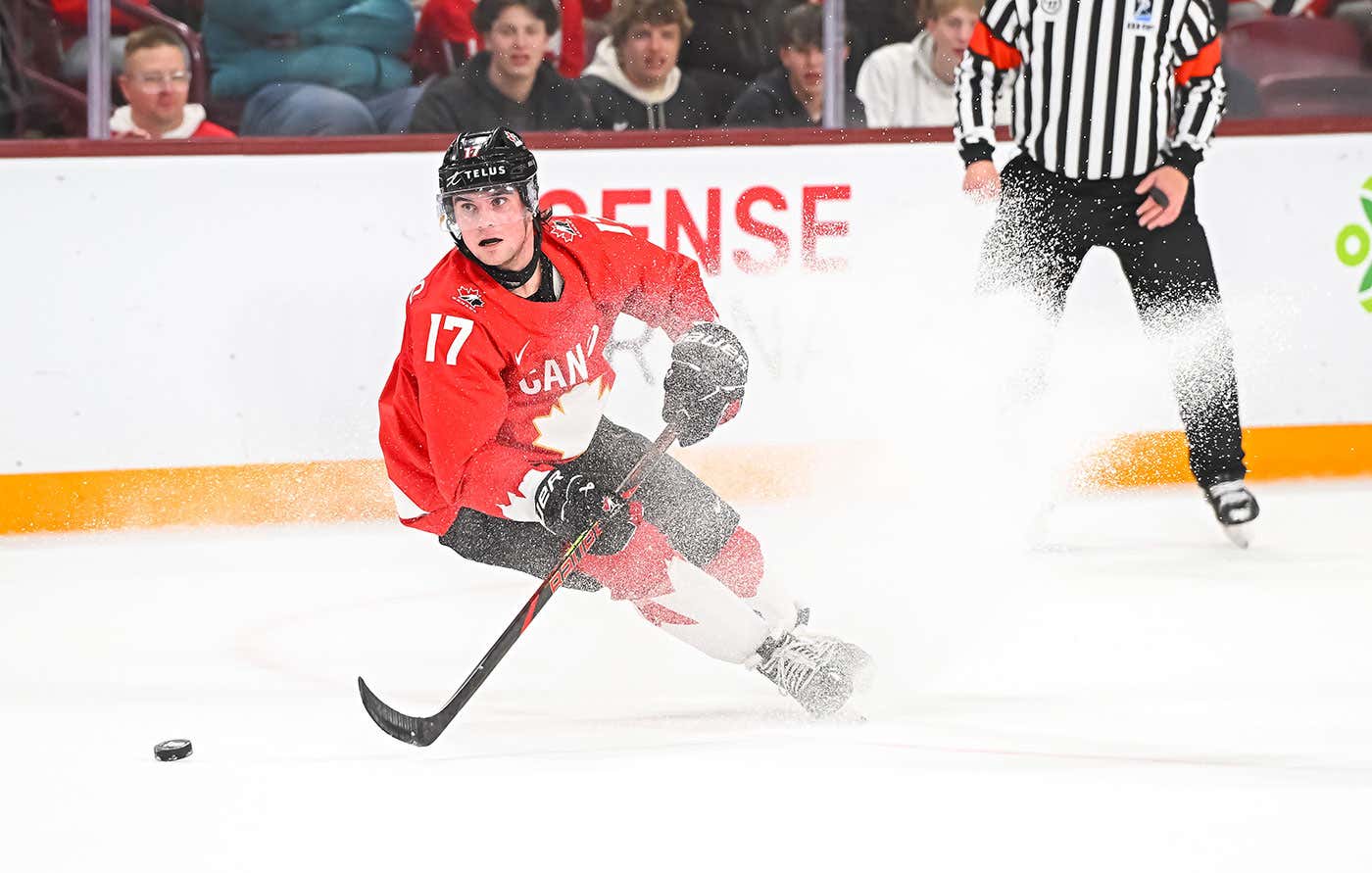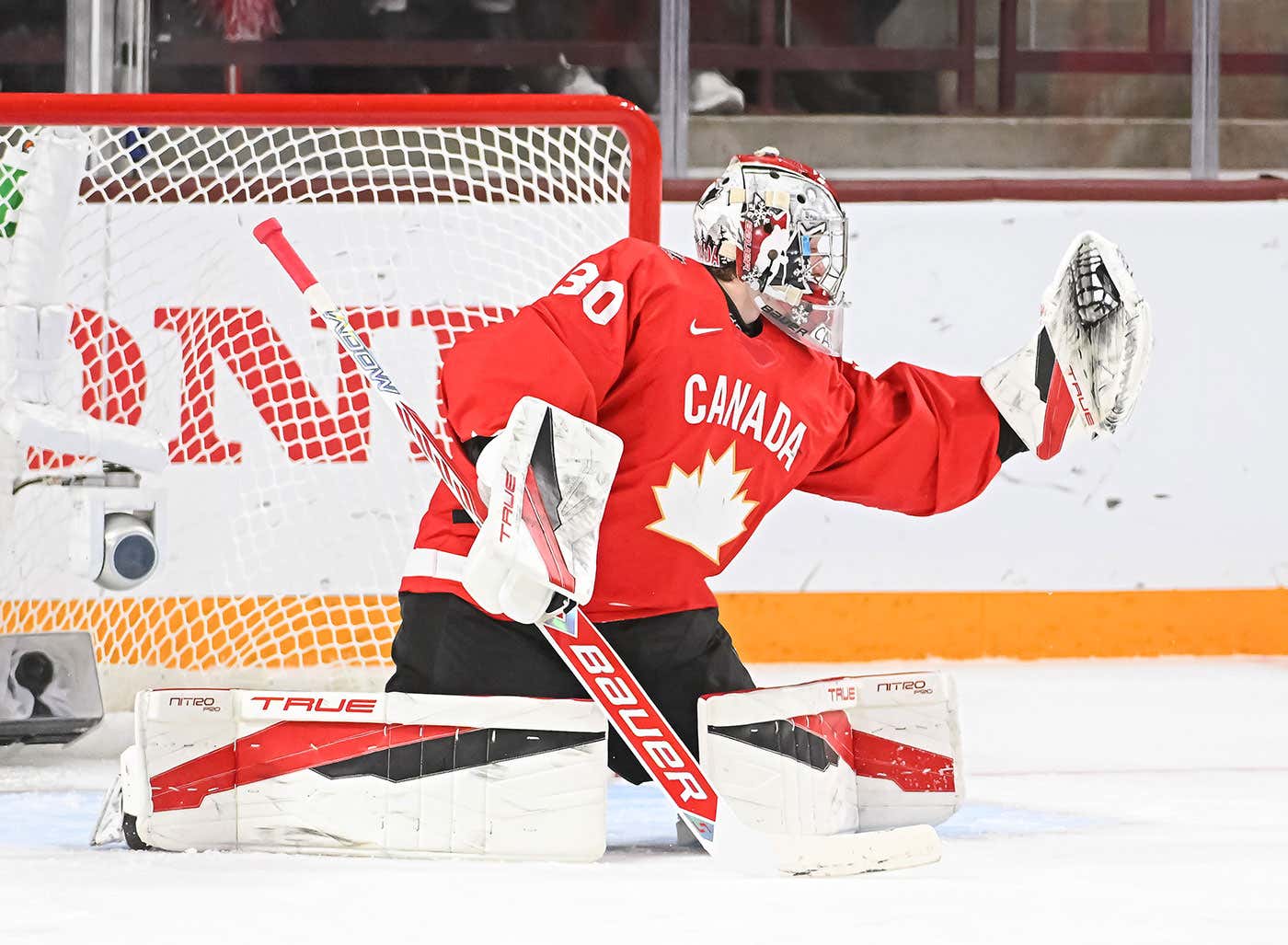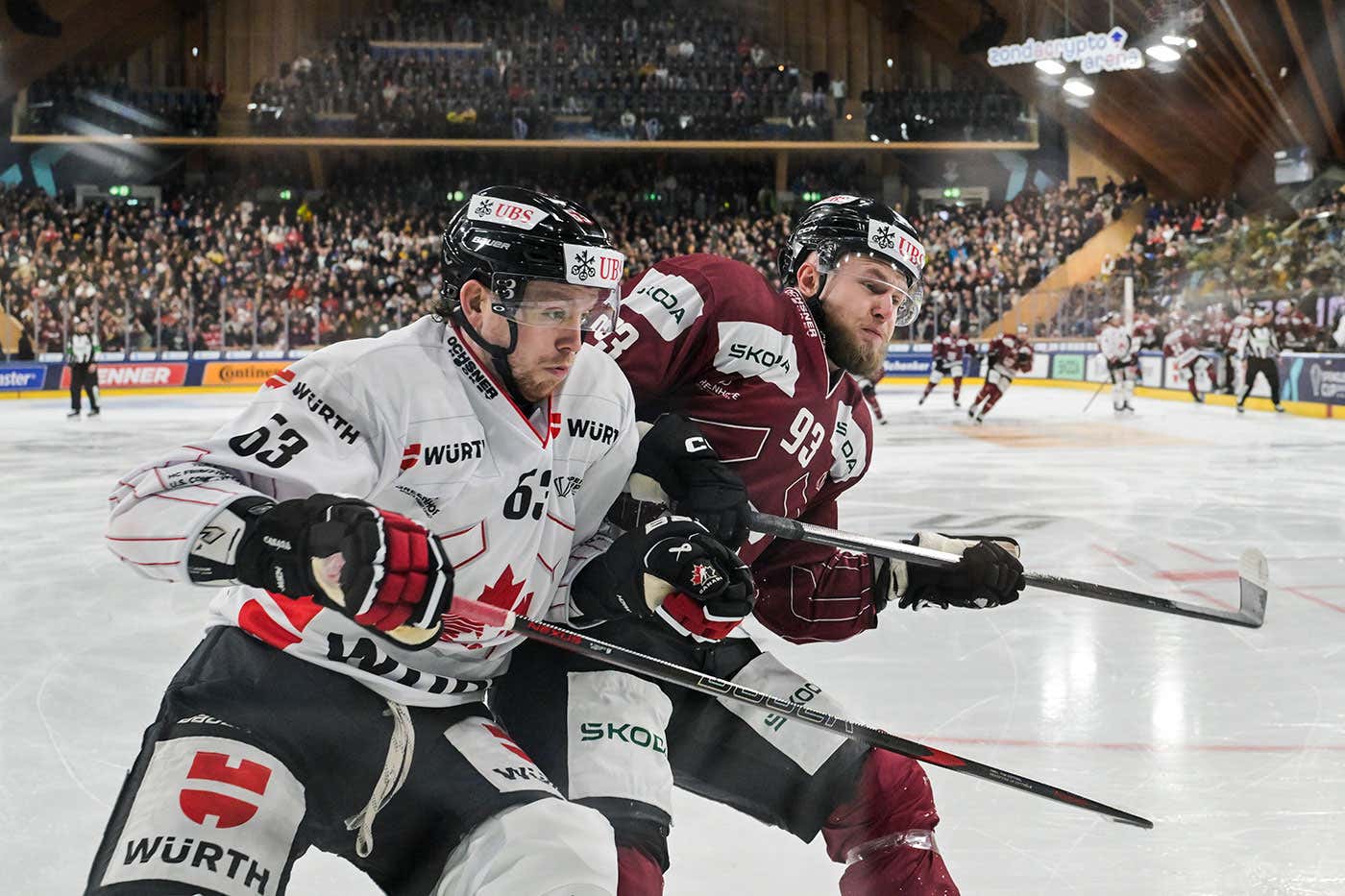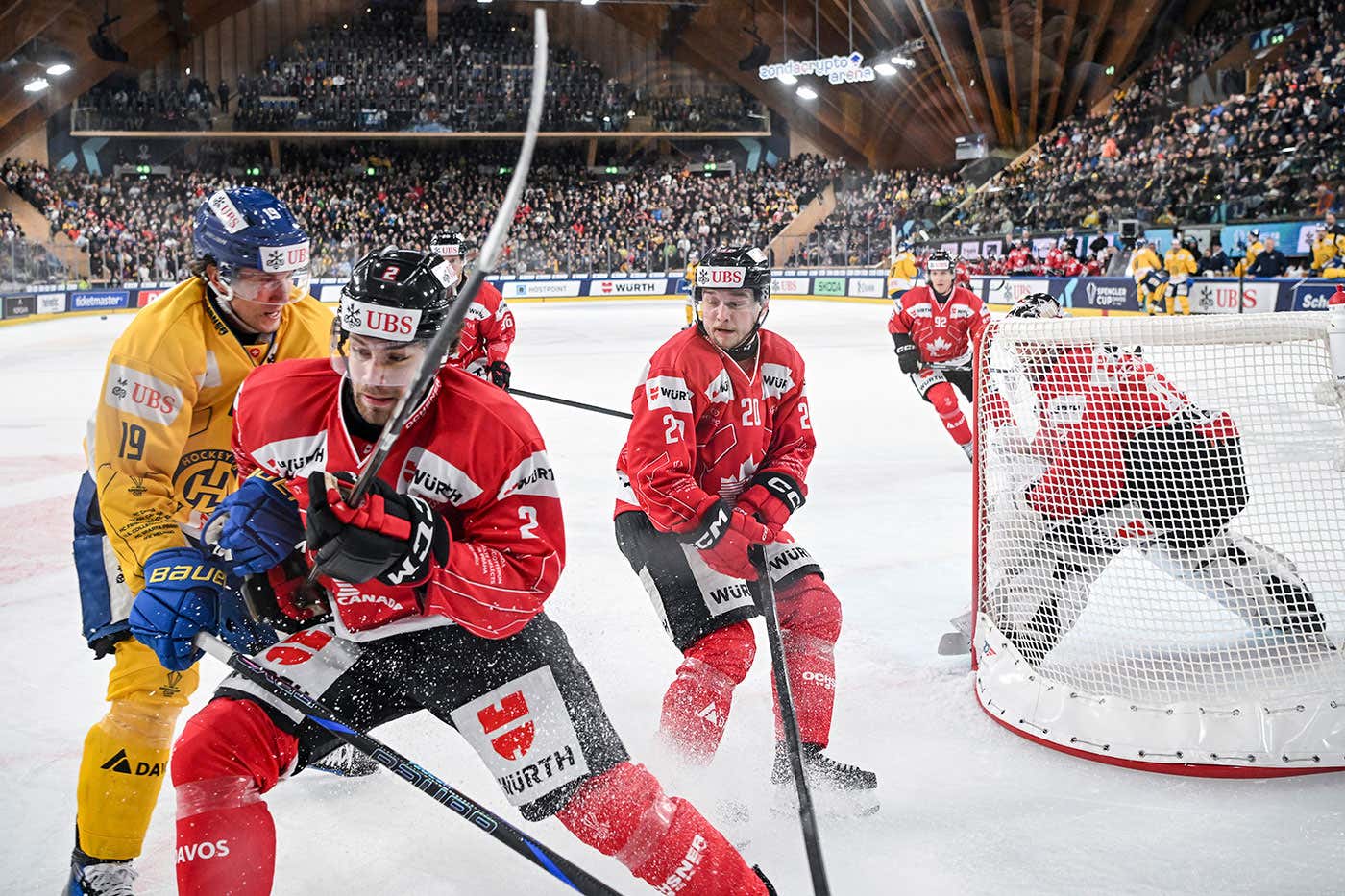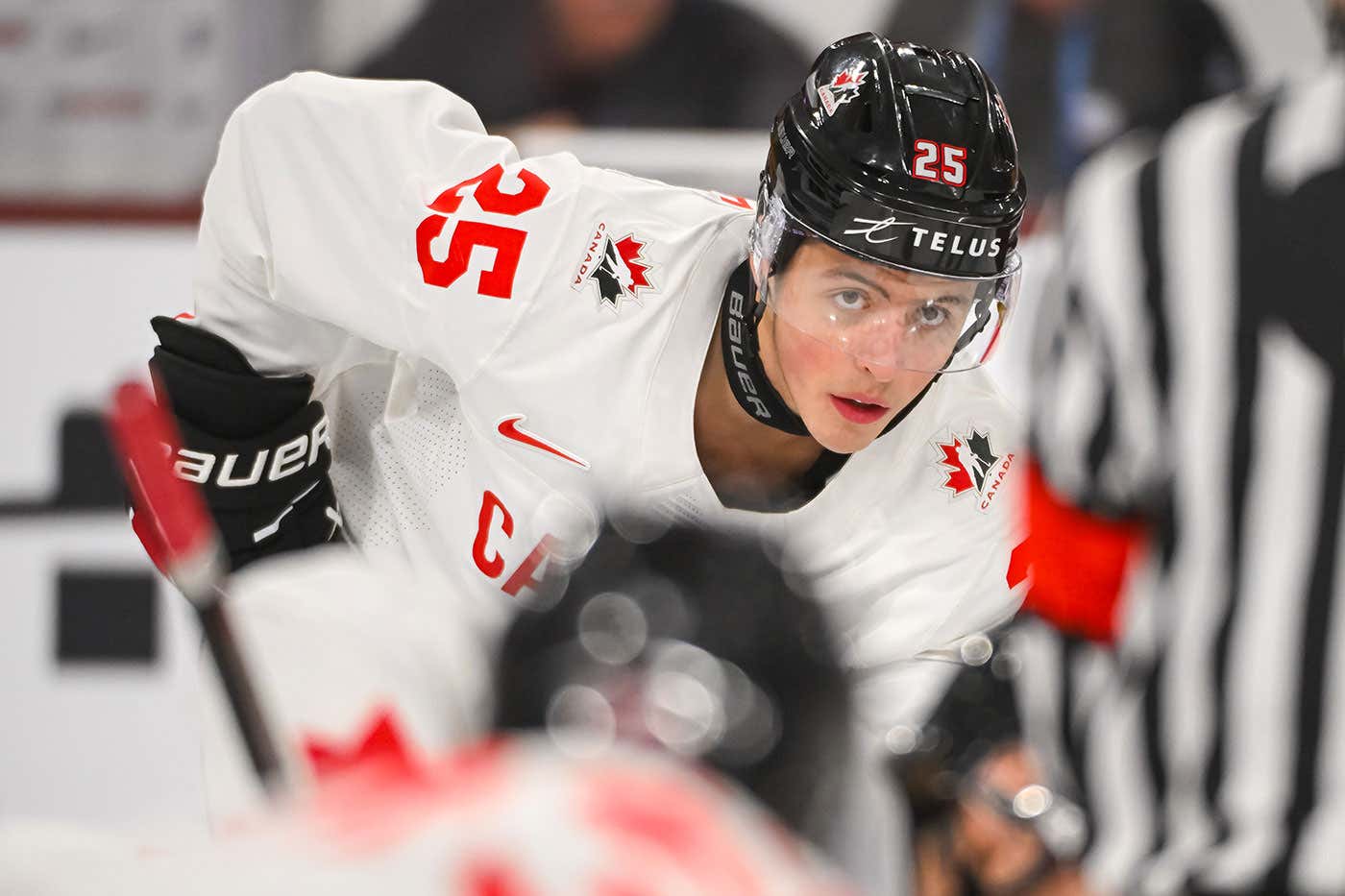
Schedule
Team Canada (Men)
2026 Olympic Winter Games | Feb. 11-22, 2026
IIHF U18 Men’s World Championship | Apr. 22 - May 2, 2026
IIHF World Championship | May 15-31, 2026
Junior A World Challenge | Dec. 7-13, 2025
U17 World Challenge | Nov 2-8, 2025
IIHF World Junior Championship | Dec. 26, 2025 - Jan. 5, 2026
Spengler Cup | Dec. 26-31, 2025
Search
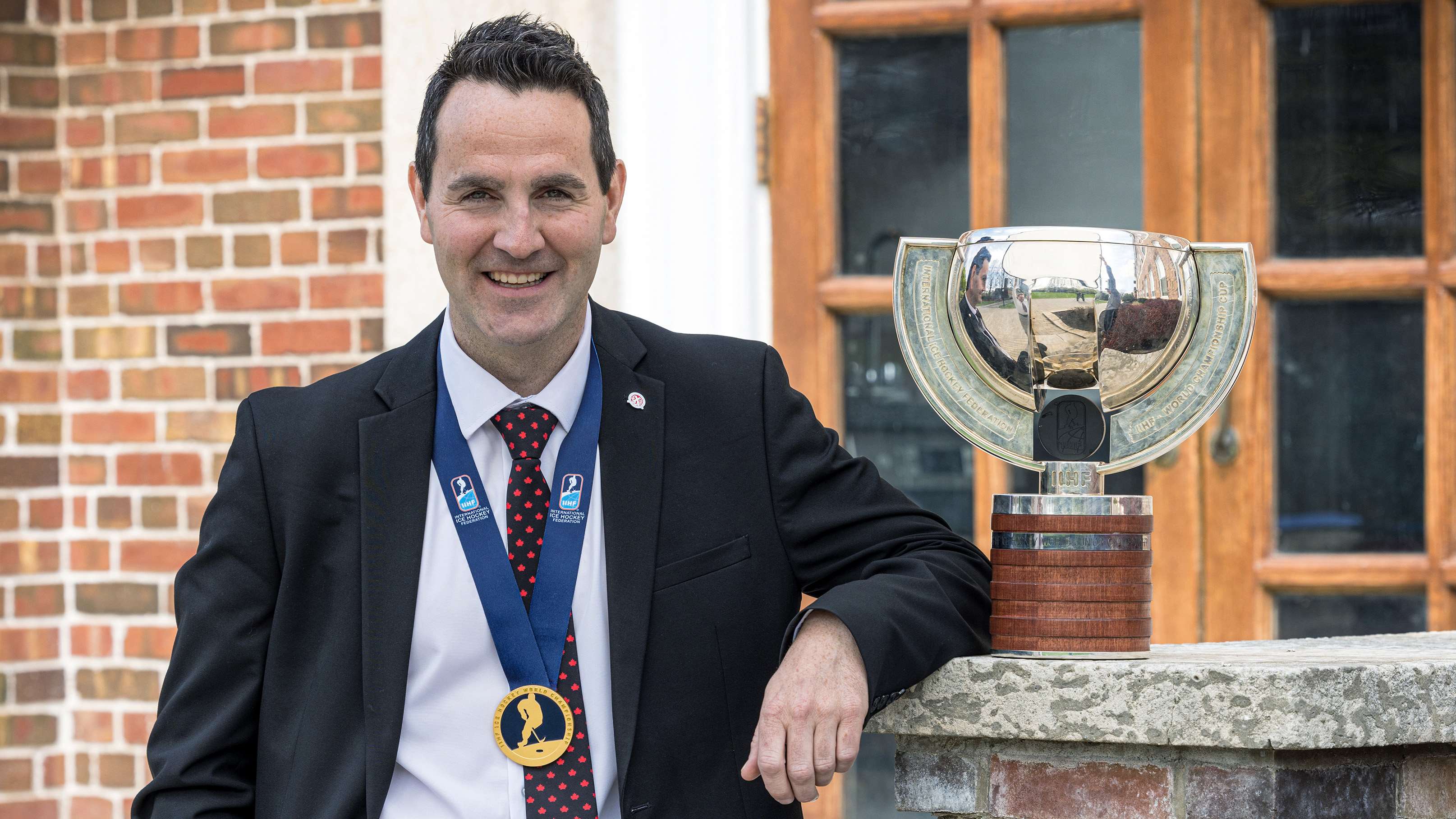
Beyond physical skills
Skating, passing and shooting are important, but so too is cultivating mental performance in young athletes

During my first session with every team I work with, I ask players to tell me how important mental skills are to their performance in comparison to their physical skills. Without hesitation, they will shout out “50/50,” “60/40,” “70/30,” or even “80/20.”
The next question I ask is if they spend as much time working on mental skills as they do physical skills, and the answer is always “no.” That’s because most players think mental skills practice has to occur at its own designated time, exclusive from physical practice. This couldn’t be further from the truth.
As coaches and parents, we are uniquely positioned to help young athletes practice mental performance skills during every drill, game, whistle break and car ride home. Our knowledge of mental performance skills does not have to be high to effectively do this. As Samuel Johnson once said, “People need to be reminded more often than they need to be instructed.”
What should you be reminding your young athletes about? Here are three simple ideas to help foster a growth mindset and a resilient attitude.
Self-talk
Hockey is a game of mistakes and, by default, our brains are negative. Young athletes regularly revert to negative self-talk when they make mistakes without understanding the consequences. Sometimes it’s simply a public display of self-berating to show their coach and teammates they aren’t happy with their poor performance, and other times it is simply frustration rising to the surface.
We can’t ask athletes to lie to themselves and say, “It’s ok, you will succeed,” or “Don’t worry, next shift will be better,” because it may not be, and failure may occur no matter what. But talking negatively to themselves has a similar effect on their physiology to when a coach or teammate is berating them.
What we can ask them to repeat to themselves are constructive phrases that focus on attributes that are not attached to their physical skills. They can say, “You’re a warrior, you will compete not matter what,” “You’re a battler, you won’t stay down for long,” or “You’re a problem solver, you’ll keep working figure this out.” These qualities will soon become what the athlete identifies themself by, and unlike heavy legs or rusty hands, they can’t be stripped away from them on a bad day.
Focusing techniques
I once heard LeBron James say, “I don’t rest on the bench, I recover.” Ever since then, I have talked to athletes about turning their rest intervals between shifts in a game, or even between drill repetitions at practice, into a recovery interval. During that time, I ask them to revert to a brief breathing routine that allows them to mentally reset.
The neuroscientist Andrew Huberman has described using multiple physiological sighs (inhale, followed by another inhale, followed by a long exhale) in succession to improve mental recovery. I ask athletes to practice a few repetitions of a technique like this before thinking about anything else after a shift/drill. Once the brain is settled, they can resume visualizing what they need to do next to be successful.
Deliberate practice
Failure is essential to improvement, and overcoming failure helps athletes become resilient people with a growth mindset. Deliberate practice, also known as deep practice, is the purposeful execution of a skill. It is not the perfect execution of a skill. It is the opposite of “auto-pilot.”
Athletes frequently need to be reminded that pushing themselves to fail, and then using the feedback they get from that failure to minimize it next time, is the best thing they can do for their development. When an athlete is going through the motions, nothing is being imprinted on their brain.
According to author Mathew Syed, when athletes push themselves beyond their limits and force themselves to “jumble” a task, that microsecond of struggle is where improvement takes place. A practice without failure is likely a practice without improvement.
ABOUT THE AUTHOR: A certified member of the Canadian Sport Psychology Association (CSPA), Lucas Madill has worked as a mental performance consultant with teams throughout the Program of Excellence since 2017, including with Canada’s gold medal-winning National Junior Team in 2023. A native of Kirkland, Quebec, Lucas holds a master’s degree in sport psychology from the University of New Brunswick, along with bachelor’s degrees from UNB (education) and McGill University (kinesiology). He played university hockey at McGill and UNB, earning academic-all Canadian honours at both schools.
For more information: |
- <
- >


















